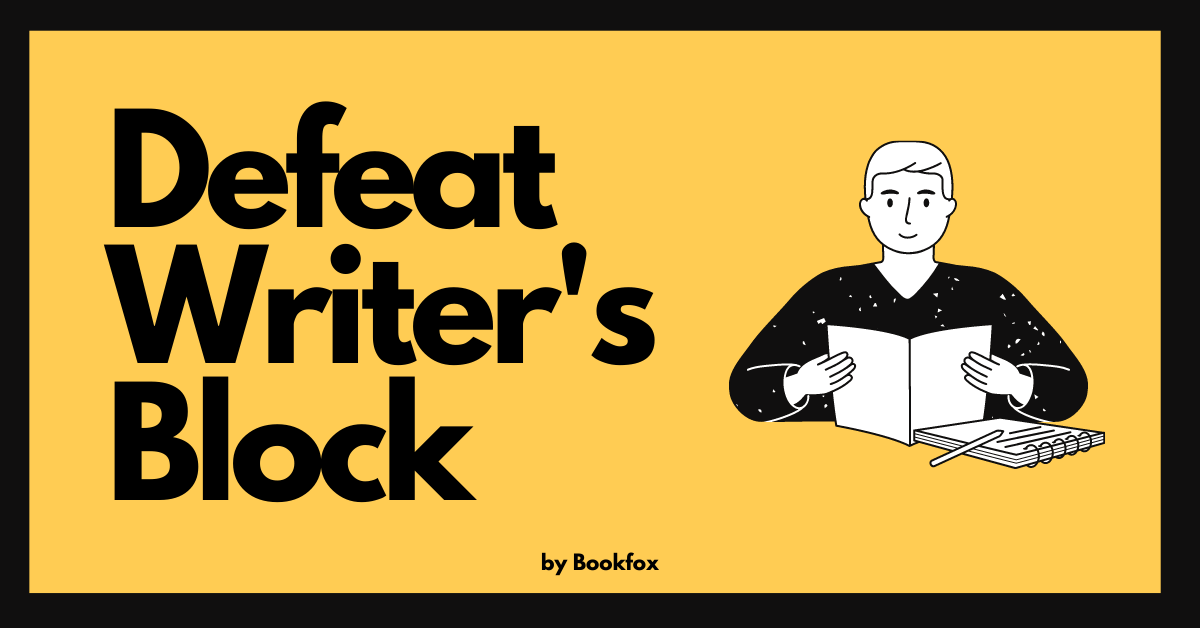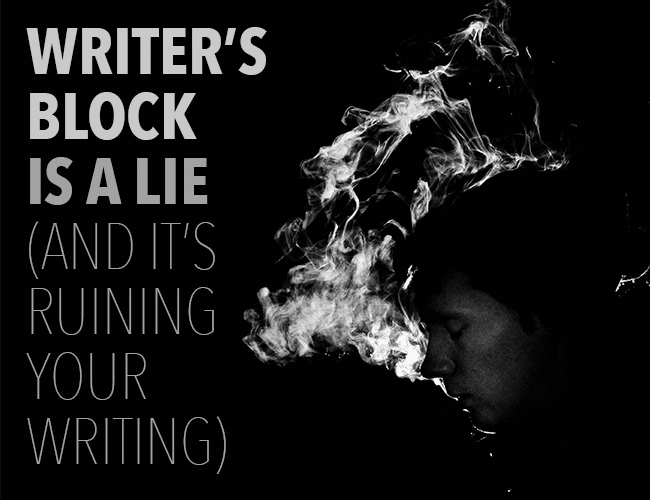How to Deal with Writers Block - Proven Ways That Work!
Writer’s block is a very real thing and it affects nearly everyone at one point or another. It is often a result of creative burnout, exhaustion, or just the feeling that you can't get your thoughts together. Fortunately, there are ways to deal with this pesky problem. You just have to find the strategy that works for you!
Take a break.
It may seem counter-intuitive to be doing something you don't want to do, but taking time away from writing will actually help you write better later on. You can get back into the swing of things by doing something else or even just relaxing with friends and family. It's important to take time for yourself; this will give you more energy and motivation when it comes time for writing again!
Get away from the computer screen.
Getting away from the computer screen can help you see things in a new light. If you're used to staring at a screen for long periods of time, try getting out of your chair and walking around for a bit. Get some fresh air! Or go for a run or bike ride, or even just walk around the block. This will help get the blood flowing and clear your mind so that when you sit back down at your desk, everything will seem less overwhelming than it did before (and hopefully more manageable).
Do a word sprint.
Don't worry about quality. The purpose of a word sprint is to get the words out, not edit them.
Don't stop to think about what you're writing; just write as fast as possible until the timer goes off or you reach your goal word count (whichever comes first). If an idea comes up, jot it down and keep going—you can always go back later and make sense of it later on.
Don't worry about grammar or spelling; just let yourself write freely! You can fix all that stuff in the editing stage later on, which is where all writers should be focusing anyway!
Write about writing.
It's okay if you've got writer's block. You're not alone in this struggle. I've been there too and it feels awful, but we can get through it together.
The first step is to write about your experience of writer's block. If you're sitting there trying to write a blog post, or create a book or screenplay and feeling stuck, that's okay! It happens to everyone at some point in their writing career so don't worry about it too much—just start writing about what you're experiencing right now. Try these tips:
Write about your experience of the problem (i.e., "I'm having trouble coming up with ideas for my new book because I'm all blocked out").
Write about how many times this has happened before ("This isn't the first time I've gone through this process; here are some other times when I've had writers block").
Write about what makes you want to write ("I love creating art because...").
Go for a walk or run.
Go for a walk or run.
If you're feeling stuck, getting outside and into nature is a great way to clear your head. Walking, running, or cycling are all good ways to get your mind off of the writing and give it time to wander (and hopefully come up with some new ideas).
Take a nap.
Taking a nap can help relieve stress, clear your mind and help you get back into the writing groove. But naps aren't always a good idea: if you take one too late in the day, it might make it harder for you to fall asleep at night. If you sleep too long or too close to bedtime — and especially if you sleep through your alarm clock — chances are that when morning comes around again, so does that dreaded "writers block."
Skip to the middle of your story.
If you're having trouble getting started, try skipping to the middle of your story. Writing about the middle usually helps get me back into a flow state so I can write more easily. You can also skip to any other part of the story:
Start at the beginning, then skip to end.
Start at the end, then skip to beginning.
Skip all around until you have something written!
Write someone else's story.
Write a story about someone you like.
Write a story about someone you don't like.
Write a story about someone you don't know at all.
Start with a song, poem or quote.
Start with a song, poem or quote.
While it may be tempting to start writing from scratch, starting with a piece of music that inspires you can help spark ideas for your story. For example, if you’re writing a story about an animal and want to include sounds like barking dogs or chirping birds in the background as they go about their day-to-day activities, try using music that features animal voices (maybe even singing). You might also want to look at quotes by musicians who represent your style and taste in music—think Florence + The Machine or Ed Sheeran—for inspiration on what types of themes would work well for your writing project.
Not sure where to start? A quick Google search will provide plenty of options!
Talk it out.
It's easy to feel isolated when you're dealing with writer's block, but there are plenty of ways to talk it out. Talking it out can help you get unstuck in several different ways.
In the first place, talking about your writing with someone else can give you a fresh perspective on your work that might not have occurred to you before. It might help them see problems in the story or characters that they hadn't noticed before either. They may come up with solutions that never would have occurred to you because they don't know all the details of your story yet and thus aren't as invested in it as much as you are (which is a good thing). If nothing else, talking about your writing will remind you why this project is important and worth pursuing—and this reminder alone may motivate some new ideas for how to proceed forward!
Outline the rest of your story or book.
This is a simple way to get back on track because it means that you'll have something to work with. If you know where your characters are going next and what they're doing, then all you need to do is write. You can figure out how to make it interesting once you've got the first scene down. Writing an outline isn't always easy—it takes time and creativity—but it's often helpful if you're feeling stuck because it gives writers a structure for their writing that they otherwise might not have had before starting out.
Everyone gets writer's block sometimes and it is okay to take time away from your writing to give yourself a chance to recover and move forward again!
Writer's block is a normal part of being a writer. It happens to everyone, at some point or another. You have to remember that writer's block happens for many reasons and there are ways to overcome it.
Writer's block can be overcome by taking time away from your writing so you can recover, moving forward with your story when you are ready, or changing something about what you are writing if it doesn't feel right anymore or if the character or story is not working out as well as you had hoped it would.
Conclusion
That is why it is important to know how to deal with writer's block. It can feel like there is no solution, but the important thing to remember is that you should never give up on your dream of being a writer! There are many ways for you to stay motivated and get back into writing again. Try one or more of these tips and see if they work out for you! If not, then don't worry about it too much because everyone gets stuck sometimes and I'm sure there will always be more ideas waiting in line after this one is finished.





Post a Comment